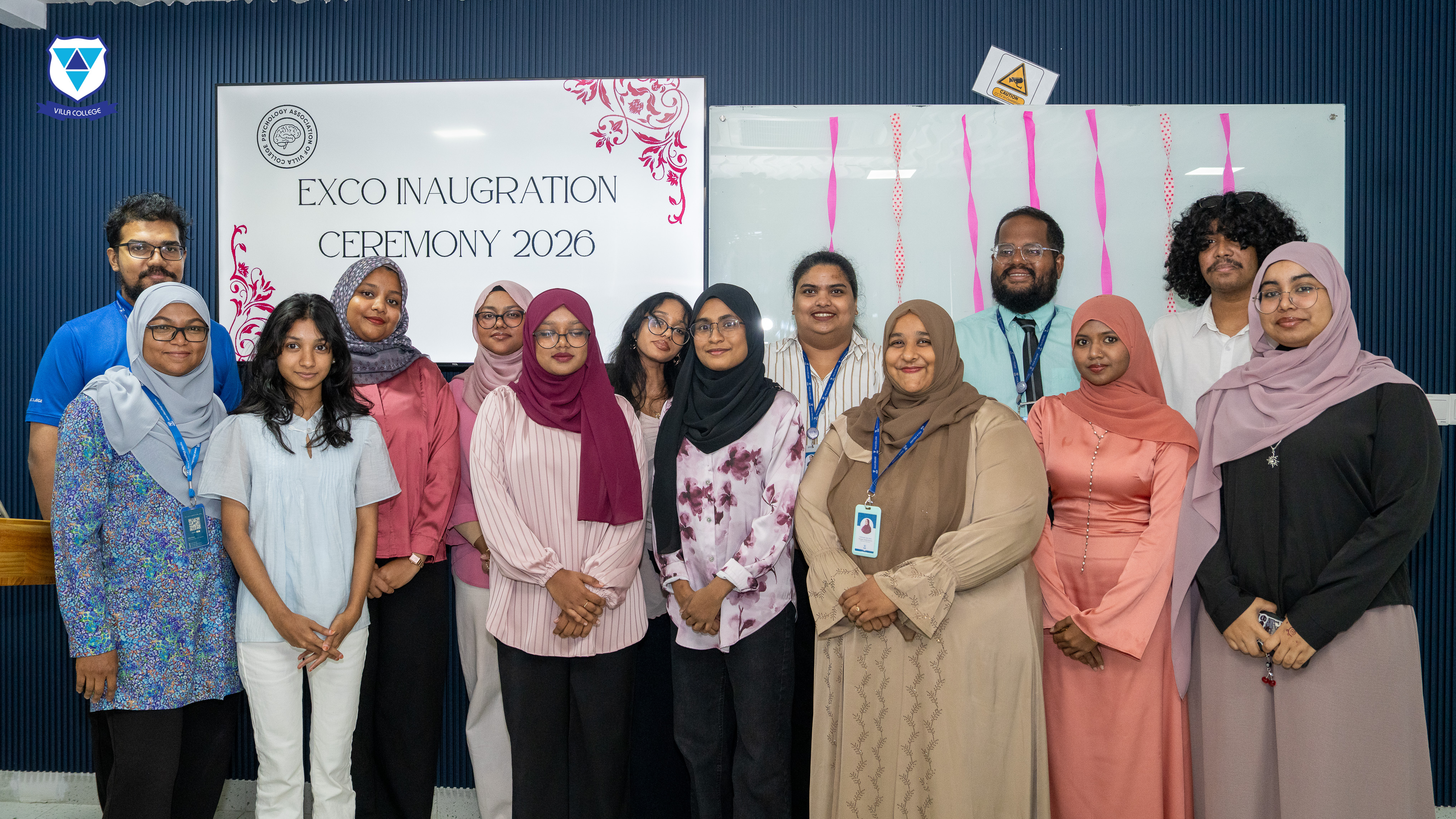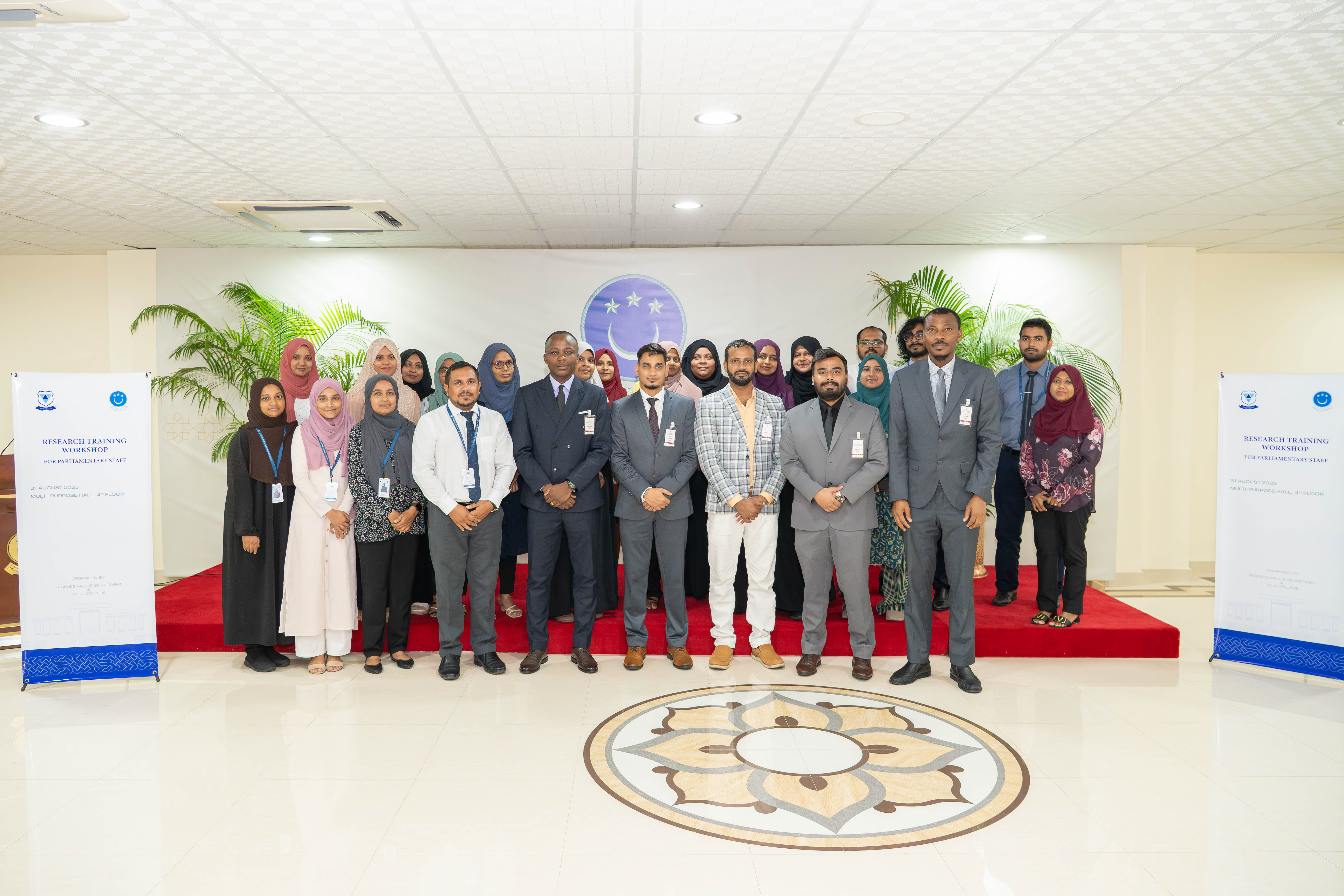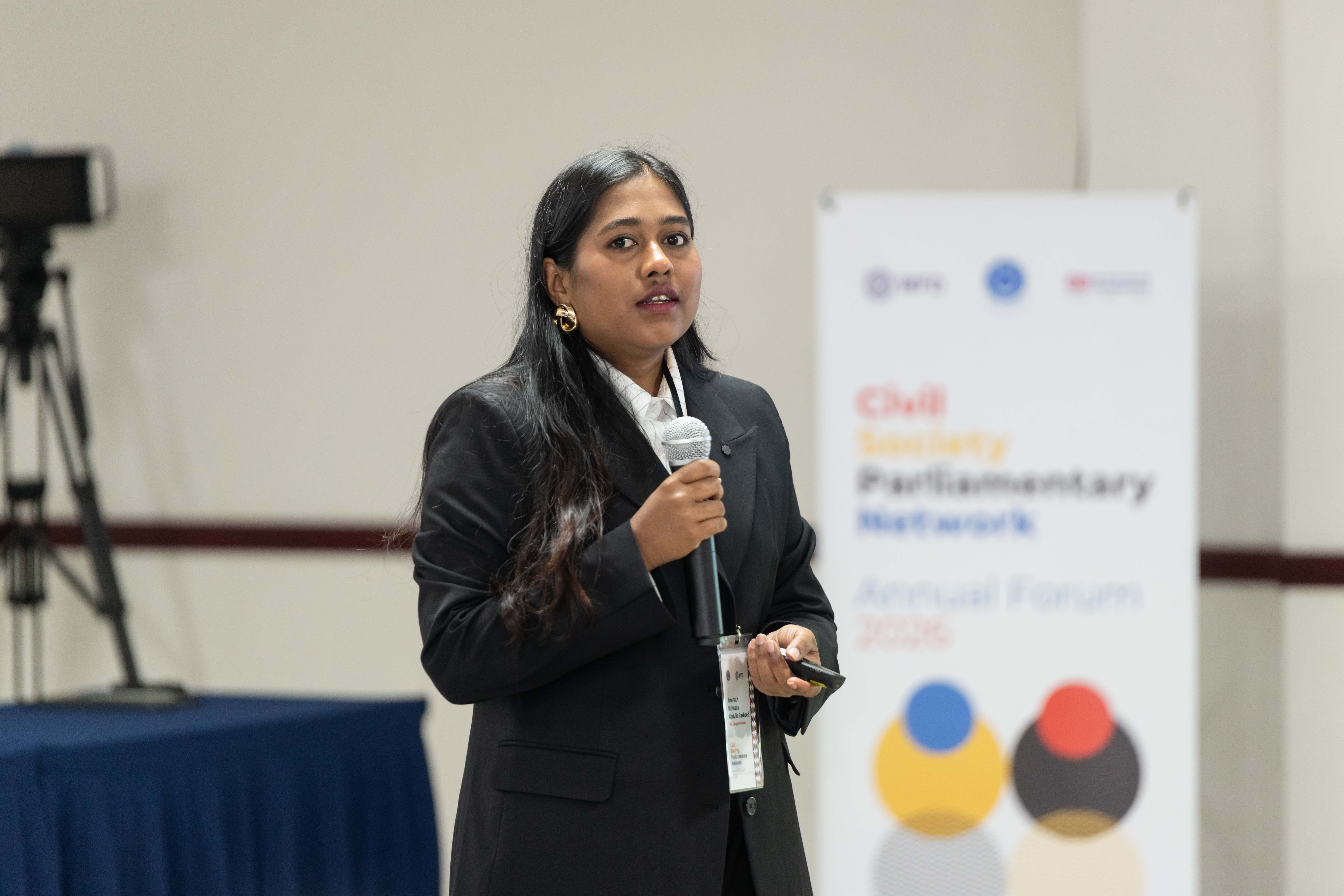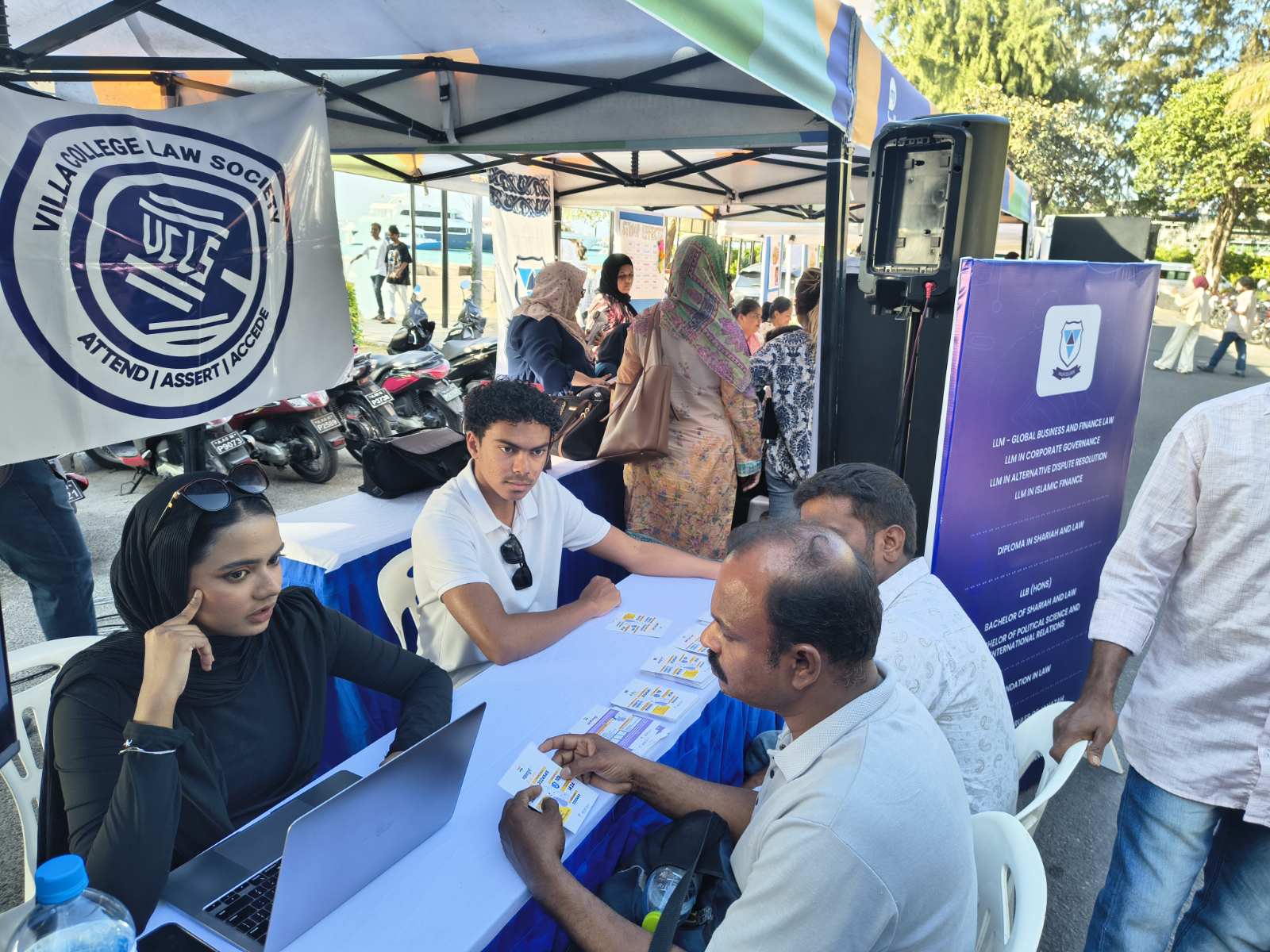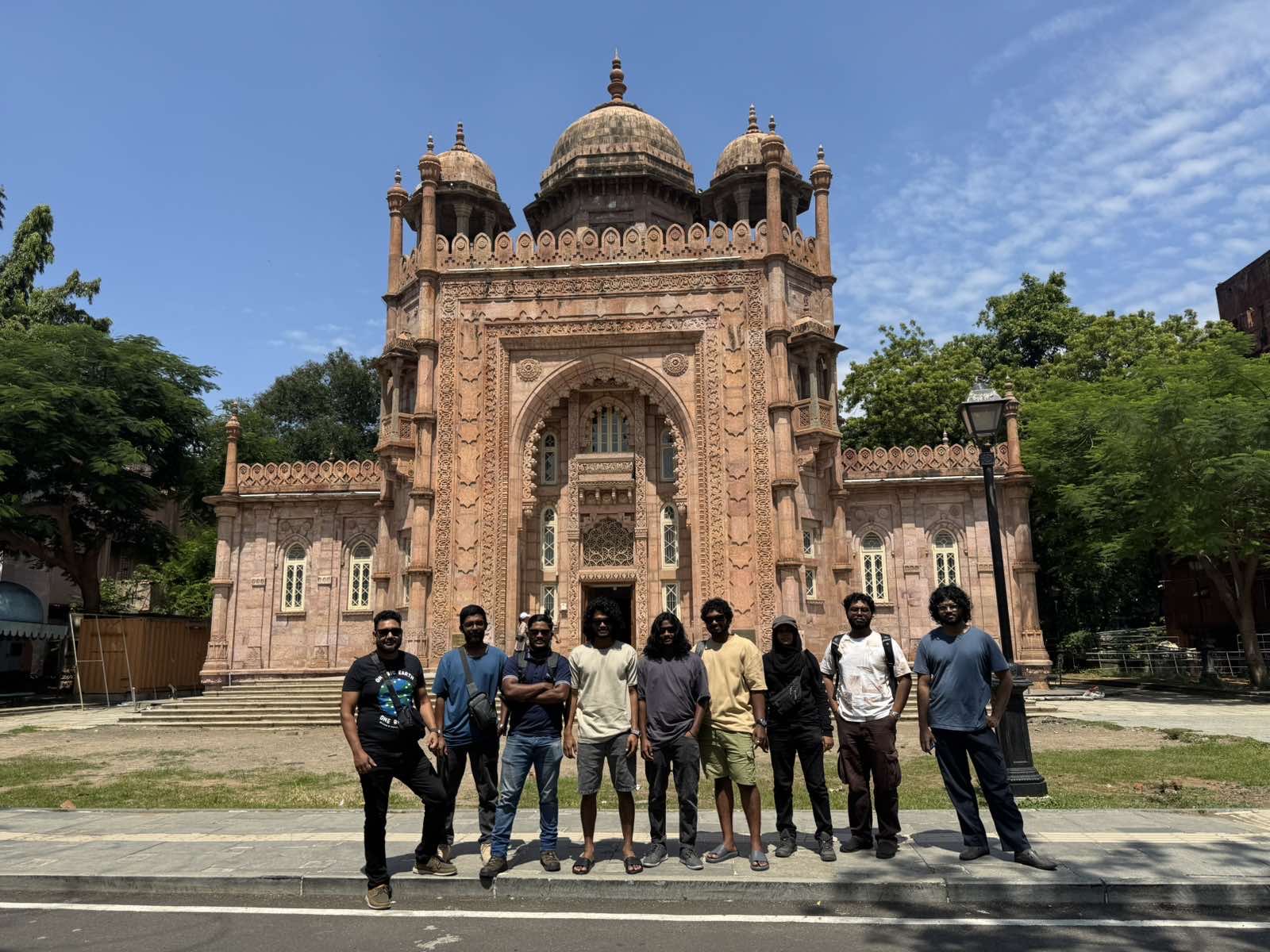
³Ô¹ÏÍø's Faculty of Engineering has launched of its inaugural Student Mobility Program, ushering in a new chapter of international collaboration and experiential learning. Eight engineering students, accompanied by Dr Lokesh Singh, Assistant Professor at the Faculty of Engineering and Technology, have embarked on a one-week immersive learning experience at Saveetha University in India. This initiative embodies ³Ô¹ÏÍø's strategic vision to provide students with experiential learning opportunities that transcend traditional classroom boundaries and prepare them for the complexities of the modern engineering landscape.
The programme has been designed to address one of the most critical challenges in engineering education: bridging the divide between theoretical knowledge and practical industrial application. Throughout their week at Saveetha University, our students will immerse themselves in comprehensive, hands-on technical experiences that span multiple dimensions of contemporary engineering practice. The curriculum encompasses intensive workshops in cutting-edge fields such as drone design and flight control, alongside advanced training in 3D printing and prototyping. These practical sessions are strategically complemented by industry exposure visits that provide direct insight into real-world engineering environments. Beyond technical skill development, this immersive format has been purposefully structured to cultivate cross-cultural collaboration capabilities, recognising that today's engineering professionals must navigate increasingly globalised work environments with cultural intelligence and adaptability.
The Innovation and Entrepreneurship Seminar scheduled as the programme's culminating event represents perhaps its most forward-thinking element. During this dynamic session, students will engage directly with Saveetha University's innovation hub, gaining invaluable exposure to the intricate process of transforming prototypes into commercially viable startups. Participants will explore critical concepts such as incubation support and industry mentorship frameworks, learning how technical expertise can be channelled into entrepreneurial ventures that generate both economic value and social impact. This component is particularly significant as it challenges students to reconceptualise engineering not merely as a technical discipline but as a creative force for innovation and meaningful societal transformation. By understanding the pathway from concept to commercialisation, our students are being equipped to become not just skilled engineers but potential entrepreneurs who can identify opportunities, mobilise resources, and drive technological advancement.
This inaugural mobility programme serves as tangible evidence of ³Ô¹ÏÍø's unwavering dedication to creating globally relevant learning experiences that prepare students for future-ready careers in an increasingly competitive landscape. By providing direct exposure to international industry standards, encouraging experimental thinking, and fostering an entrepreneurial mindset, we are deliberately shaping a new generation of engineering leaders who can navigate complexity and drive innovation. We eagerly anticipate the invaluable experiences and insights they will bring back to share with the entire ³Ô¹ÏÍø community, knowing that these learnings will ripple outward to benefit current and future cohorts of ³Ô¹ÏÍø engineering students.
